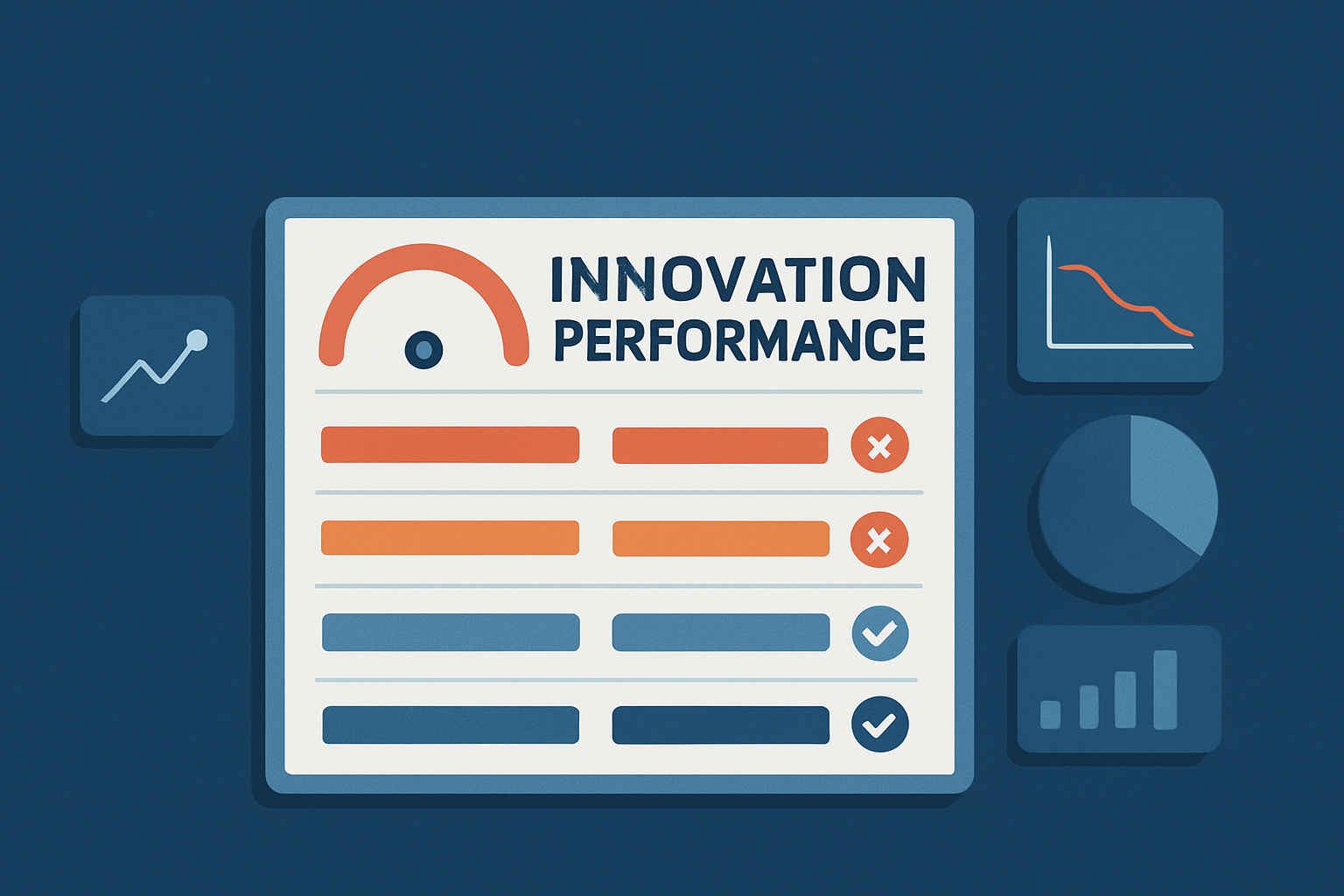How Artificial Intelligence Disrupts Employment and the Workforce - the Types of Jobs to be Impacted
How is AI replacing jobs? Which roles and industries will be most impacted? How can societies get prepared?
Although Artificial Intelligence dramatically improves our world in many ways, there are notable concerns regarding the forthcoming impact of AI on employment and the workforce: there are predictions talking about millions of unemployed people in the next decades — primarily due to the impact of Intelligent Automation and A.I. systems.
In any case, the entire socioeconomic system is entering a phase of accelerating transformation: markets, businesses, education, government, social welfare, and employment models will be severely impacted.
Tasks, Roles, and Jobs at risk
Tasks that are monotonous, can be easily automated; this can gradually make certain roles obsolete. For instance, tasks and activities related to customer care/call center operation, document classification, discovery and retrieval, content moderation are more and more based on technology and automation and less on human work. The same is true for roles related to operation and support of production lines and factories: humans are being replaced by smart robots that can safely navigate the space, find and move objects (such as products, parts, or tools) or perform complex assembling operations.
A.I. proves to be very effective in handling even more complex activities — those requiring processing of multiple signals, data streams, and accumulated knowledge in real time. A characteristic case is the autonomous vehicles that can capture and ‘understand’ the environment and its dynamics; they can ‘see’, decide and act in real-time, towards well-defined optimization objectives.
Sectors that will be impacted
Transportation is already in a transformation mode — fully autonomous cars will be soon a reality — and they will be safer, more efficient, and more effective. Professional drivers (taxis, trucks, and more) will see the demand for their skill set dropping rapidly.
Electronic commerce will also undergo a significant transformation: fulfillment centers will be fully automated, with robots navigating the space to collect products and execute customer orders; to be then sent or even delivered to customers, also automatically, with autonomous drones and/or cars. The importance of salespersons and networks of physical stores will shrink; we are close to scenarios where consumer A.I. agents negotiate with Retailer AI agents — based on different objectives, tactics, and strategies.
Even more traditional professions that are built on top of strong human relationships, such as legal professions, will be significantly impacted: typical support services in a legal context, have to do with document handling -classification, discovery, summarization, comparison, knowledge extraction, and management — tasks where AI agents can do a great job already.
Financial Services, Insurance, and any other sector requiring a significant amount of data processing and content handling will also benefit from AI. And of course states, governance, and social mechanisms — AI can have a great role in eliminating bureaucracy, improving the service to citizens, along with the design and performance of social programs.
How Artificial Intelligence can replace human work — an example
Imagine a typical customer care department: tens or even hundreds of specialized employees working with a shared mission: to handle customer requests, complaints, asks, etc. in the best possible way.
The workstream of ‘handling a customer request in the best possible way’ can be broken down into separate jobs that are repeated over time and across different types of requests, for instance: customer identification, customer history retrieval, request understanding and classification, problem identification and mapping to a solution space, forwarding or escalating to another team, customer document retrieval and finally the decision-making based on the suitable corporate policy.
All the above can be covered with increased effectiveness from A.I. algorithms — they prove to be faster, more accurate, reliable, and cheaper than the corresponding team of humans. A properly trained A.I. system can understand customer requests in natural language, identify the mentioned or implied entities (for instance, which product or service the request refers to); it can estimate customer’s intent early enough (for example, to activate a service or ask for help); it can instantly process large volumes of data and apply the corporate policy in order to identify the best action/ decision for the particular case; the decision can then be communicated to the customer in natural language.
The system also knows early enough if it can handle the request with confidence or not; in the latter case, it knows where to redirect the request as an exception, for a human team to handle it. And all these, in milliseconds, as part of a chat or voice session between the customer and the company’s agent.
This technological solution requires just a small percentage of the human team that a traditional customer care department has. While this hybrid system is in operation, the A.I. component learns from the exceptions it forwards to the human team to handle, leading to a continuous improvement of its performance. This feedback loop will eventually minimize the need for human intervention, making the AI system autonomous.
Read also: Can innovation help us solve global problems such as climate change?
How could innovation help in mitigating the ongoing damage and eventually help us handle the problem? What are the notable efforts in this direction? Dragana Vukasinovic, Anthony Mills, Daniel Burrus, David Blake, Michael Stephen Crickmore, and Christos Dimas share their interesting perspectives. Get your free copy of the ’60 Leaders on Innovation’ eBook.
Getting Ready for Artificial Intelligence
In the long run, we will witness certain roles and jobs becoming less and less relevant, and finally obsolete. But, in most of cases, Artificial Intelligence will have a supportive role to humans — empowering the human factor to perform better in handling complex and critical situations that require judgment and creative thinking. In parallel, there would be numerous new roles and specialties with a focus on technology and science. For example, there will be a need for highly skilled professionals to oversee, manage, or coordinate the training of complex Artificial Intelligence systems; to ensure their integrity, security, objectivity, and proper use.
Under certain assumptions, and following the initial disruption due to technological unemployment, the AI revolution will lead to a new era of prosperity, creativeness, and well-being. Humans will no longer need to perform routine, limited-value, jobs. The workforce and the underlying employment models will move from long-term, full-time employment agreements, to flexible, selective premium services offerings. There will be a stream of new business opportunities empowering a culture of entrepreneurship, creativeness, and innovation.
The above positive scenario requires a common, shared understanding of artificial intelligence, its opportunities, and its risks. Societies need to adapt to the new technology landscape, become more flexible, and inherit an attitude of lifelong learning, collaboration, innovation, and entrepreneurship.
States need a new strategy with a focus on education; policymakers need to rethink how markets, companies, and employment agreements should work in the new era of intelligent automation; they need to redesign the social mechanisms to cover a range of new scenarios and situations. At an even higher level, we need a solid framework to avoid the unbalanced concentration of technology power and control.
Interested in innovation? Check our unique Innovation Toolkit - a collection of innovation templates that empower companies to frame problems, shape ideas, run hackathons, and more.




